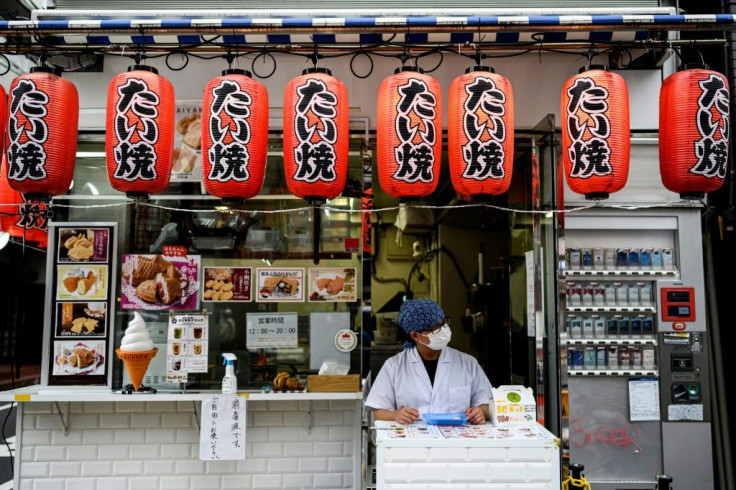The Emergency Grant Program For Small Businesses Is Officially Out of Money

Though the COVID-19 crisis has impacted the U.S. economy on a whole, small businesses -- those without the financial resources to withstand closures and drastic declines in revenue -- have perhaps been hurt the worst. It's estimated that over 100,000 small businesses have closed permanently in the course of the pandemic and the subsequent recession it's spurred, and at a time when the outbreak only seems to be getting worse, a key source of relief is no longer on the table.
The EIDL advance program is out of money
On Saturday, the Economic Injury Disaster Loan's (EIDL's) advance program ran out of money after having reached the $20 billion funding limit assigned to it. Under that program, small businesses, as well as independent contractors, were eligible to apply for an emergency loan and receive up to $1,000 per employee as an immediate advance on that loan. That advance, however, was really a grant that didn't need to be repaid at all. In fact, small businesses and self-employed workers had the option to apply for an emergency loan, receive their grant as an advance, and then reject the loan itself.
But now that option has run dry, and the timing couldn't be worse. Many small businesses that may have been entitled to an EIDL grant were also entitled to loans through the Paycheck Protection Program (PPP). A lot of businesses that were approved for PPP loans received their funding in April or May, when the economy was largely shut down and that money was needed to keep employees on payroll. But now, much of that money is running out for small businesses, largely due to the fact that PPP loans were capped at two-and-a-half times companies' monthly payroll costs. To now lose out on EIDL grants is therefore somewhat of a double whammy.
Another reason the timing stinks? Right now, the U.S. is seeing a frightening surge in COVID-19 cases. Not only does that pose a major threat to public health, but it also increases the likelihood of having more states implement lockdown measures that hurt small businesses financially and drive unemployment numbers up.
Will small businesses get additional relief?
For months, lawmakers have debated a second relief package to follow the CARES Act, which was passed in late March, soon after the pandemic really began to impact the U.S. It's too soon to tell what agreement they'll come to when they reconvene later this month, but small business owners will clearly be holding out hope that they're included in that relief in a meaningful way.
Though both the EIDL and PPP were instrumental in helping small businesses through the crisis, they also had their limitations and drawbacks (including a cumbersome application process). If a second relief package is passed, let's hope that the provisions pushed through for small businesses are ones that make funding more generous and accessible. Otherwise, the number of local establishments that close their doors in the course of the pandemic could multiply exponentially, thereby negatively impacting the economy even once our recession is finally over.
This story originally appeared in the Motley Fool.
The Motley Fool has a disclosure policy.





















